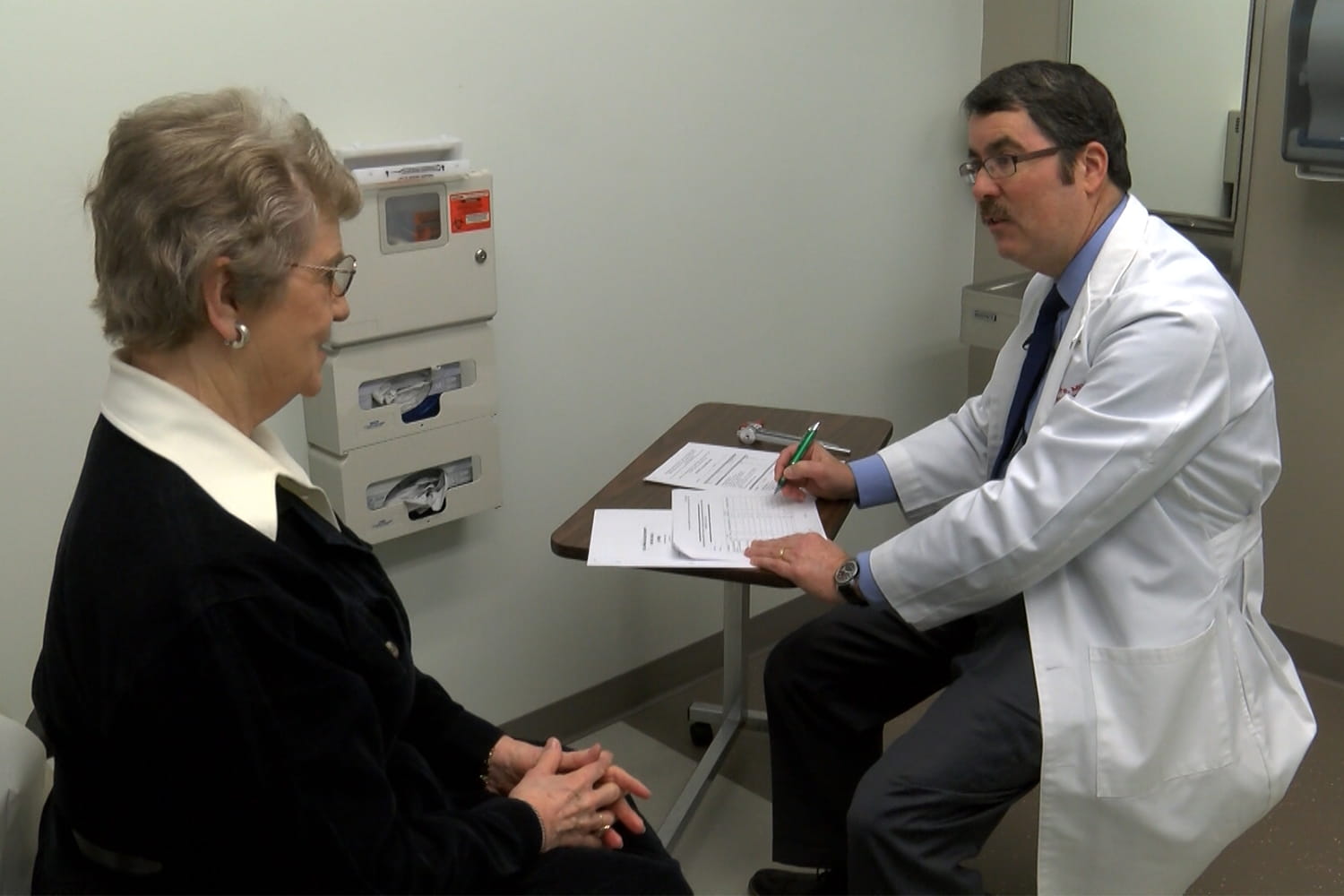
Haikady Nagaraja, PhD
- Professor Emeritus

The Center for Cognitive and Memory Disorders is committed to the highest quality of patient care and innovative research to improve the diagnosis and treatment of dementia, Alzheimer’s disease, and related memory disorders. As part of Ohio State’s Neurological Institute, we have access to a team of more than 170 faculty members who are on the leading edge of neurological care and research.
Our Memory Disorders Clinic has more than 2,500 patient-visits each year, and our Memory Disorders Research Center has conducted more than 100 dementia-related clinical trials in the last 20 years. Ohio State conducts more Alzheimer’s clinical trials than any other medical center in Ohio, offering patients immediate access to the most promising treatments and diagnostics, often well before they are available at other hospitals.
Under the direction of Douglas W. Scharre, MD, the Memory Disorders Research Center has been conducting clinical research studies since 1993 on conditions such as Alzheimer’s disease, mild cognitive impairment, vascular dementia, Lewy body dementia, and frontotemporal dementia.
Innovations developed at Ohio State’s Neurological Institute include widely used evaluation tools such as the Self-Administered Gerocognitive Examination (SAGE) to detect early signs of cognitive impairments, and the 4-Turn test to predict driving performance in individuals with mild dementia or Alzheimer’s disease. Moreover, our team was the first in the nation to place a deep-brain stimulation implant in an Alzheimer’s disease patient. Ohio State is the only health care facility offering deep brain stimulation (DBS) in central Ohio. These accomplishments have positioned The Ohio State University Wexner Medical Center as a state and national leader in Alzheimer's disease research.
Ohio State is committed to ensuring Alzheimer’s disease clinical trials reflect our population. We're not all the same physiologically, whether it's because of age, illness, or genetic ancestry, and we likely all metabolize drugs differently. Because of this, it's imperative that clinical trials include underrepresented groups. When study volunteers participate in research, society benefits, bringing new hope to patients afflicted with different diseases or conditions.


Michelle Borchers, BA
Rebecca Davis, RN, LISW
Stacey Dillon, BA
Brooke Eiginger, BA
Breanna Henry, BA
Jennifer Icenhour, BA
Casey Mitchell, BA
Kristine Rawson, BA
Nicole Vrettos, BS